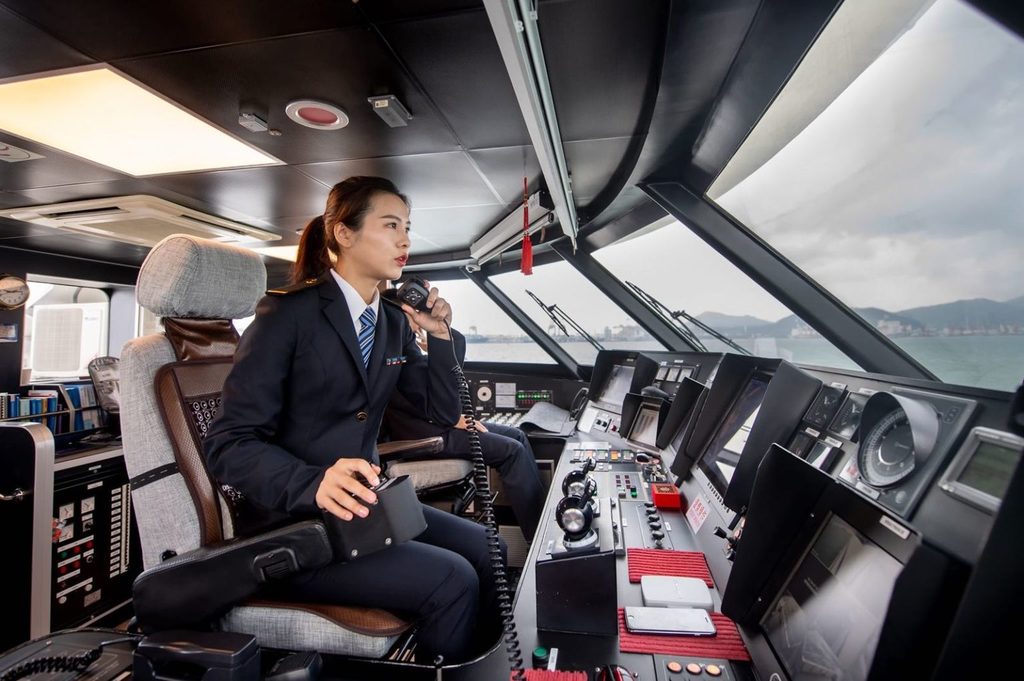INTERNATIONAL Maritime Organisaion (IMO) participated in the WISTA (Women’s International Shipping and Trade Association) International Annual General Meeting and Conference this month.
Held in Barcelona, Spain, between October 20-24), the theme of the meet was “Powering the Future of Shipping & Trade: Global Energy in Challenging Times”.
Gender equality was a central focus throughout the conference, reflecting IMO’s ongoing cooperation with WISTA International to promote diversity and leadership opportunities across the maritime industry.
IMO Secretary-General Arsenio Domínguez took part in two key sessions: a roundtable on Decarbonization: Impacts on Shipping, Cruise, and Energy Industries, and a closing fireside chat with The American Club CEO, Dorothea Ioanno.
Mr Dominquez emphasized the importance of collaboration among governments, shipowners and innovators to advance the maritime sector’s transition toward low-and zero-carbon fuels.
The conversation highlighted the importance of seafarer wellbeing and addressing seafarer criminalization, the challenges of recruitment and gender balance, and the role of the IMO in promoting gender equality.
IMO Deputy Director for Planning and Programming, Louise Proctor, in a session on “IMO-WISTA International Partnership” update stressed that data-driven initiatives were key to designing effective policies that promoted inclusivity and leadership opportunities.
“This partnership is about action, not just awareness,” Ms Proctor said.
“Together, we are building an ocean of opportunity for women in maritime.”
The second IMO-WISTA Women in Maritime Survey provides the first global dataset on women’s participation in both public and private maritime sectors.
Published in May 2025, the survey shows that women currently account for just under 19 per cent of the total workforce, representing 176,820 individuals in 2024, up from 151,979 in 2021.
Women make up 19 per cent of the workforce in national maritime authorities and 16 per cent in the private sector workforce (excluding seafarers).
At sea, however, women remain vastly underrepresented, comprising only 1 per sent of seafarers of the respondees.
Meanwhile, five percent of students pursuing seafaring degrees are women, highlighting that more women are entering maritime education than are transitioning into seafaring careers.
The next IMO-WISTA Women in Maritime Survey will be conducted in 2027.
Ms Proctor encouraged widespread participation in the forthcoming survey across the public and private sectors to provide a comparable dataset that helps us identify gaps, measure progress, and design initiatives that respond to real needs, not assumptions.



